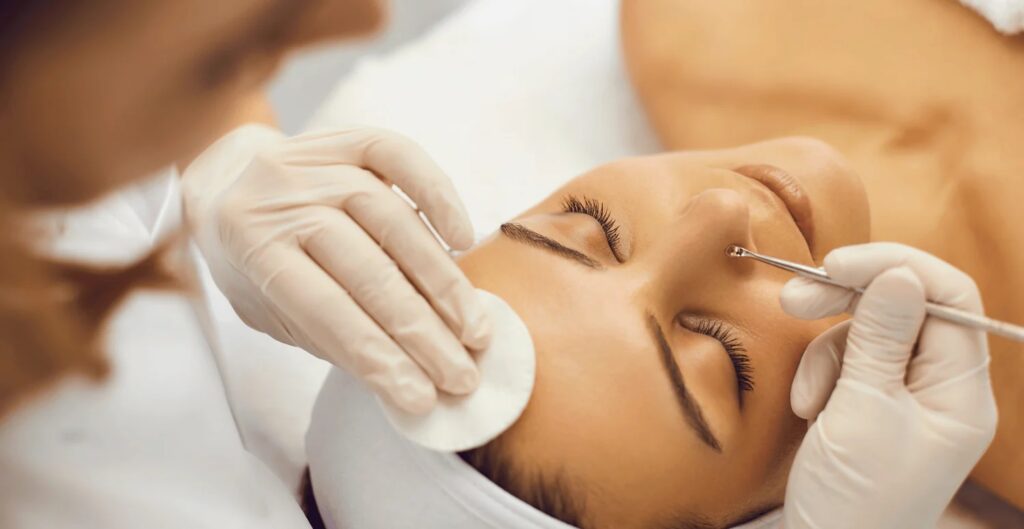Skin problems, ranging from acne to eczema, can be both physically uncomfortable and emotionally distressing. However, most skin issues can be managed effectively with the right approach. This article outlines some general steps and specific treatments for common skin problems.
Understanding Your Skin
The first step in treating skin problems is understanding your skin type. Skin types vary from dry, oily, and combination to sensitive, requiring a different care routine. For instance, oily skin might benefit from gel-based products, while dry skin may require more intensive moisturizers.
General Skin Care Tips
Maintain a Healthy Diet and Hydration
Good skin starts from within. A balanced diet rich in vitamins, antioxidants, and omega-3 fatty acids can promote skin health. Staying hydrated is equally important, as it helps maintain the skin’s elasticity and texture.
Gentle Cleansing
Overwashing or using harsh soaps can strip the skin of natural oils, leading to dryness and irritation. Using a gentle cleanser suitable for your skin type is recommended, preferably twice a day.
Sun Protection
Sun damage can lead to many skin problems, including premature aging and skin cancer. Applying a broad-spectrum sunscreen with a minimum SPF of 30 is imperative, even on overcast days.
Specific Skin Problems and Treatments
Acne
Acne, characterized by pimples, blackheads, and whiteheads, is one of the most common skin conditions. Treatments include:
Topical Retinoids: Effective in unclogging pores and renewing skin cells.
Salicylic Acid: Aids in skin exfoliation and irritation reduction.
Eczema
Eczema causes the skin to be itchy, red and inflamed. Key treatments include:
Moisturizing: Regularly using fragrance-free moisturizers helps prevent dryness.
Topical Steroids: Reduce inflammation and relieve itching.
Psoriasis
This condition leads to the rapid buildup of skin cells, causing scaling on the skin’s surface. Treatment options include:
Topical Treatments: Corticosteroids or vitamin D analogs to slow down cell growth.
Light Therapy: Exposing the skin to certain types of ultraviolet light.
Oral or Injected Medications: For severe cases, medications that alter the immune system’s response.
Rosacea
Rosacea is characterized by redness and visible blood vessels. Treatment may involve:
Topical Agents: To reduce redness and inflammation.
Oral Antibiotics: For more severe symptoms.
Laser Therapy: To reduce redness and correct visible blood vessels.
Conclusion
Dealing with skin problems requires patience and consistency. It’s important to understand that results may take time to become evident. In addition to the above treatments, seeing a dermatologist for personalized advice is often beneficial. Remember, every skin is unique, so what works for one person might not work for another. Therefore, a tailored approach is vital to effectively managing skin conditions.


